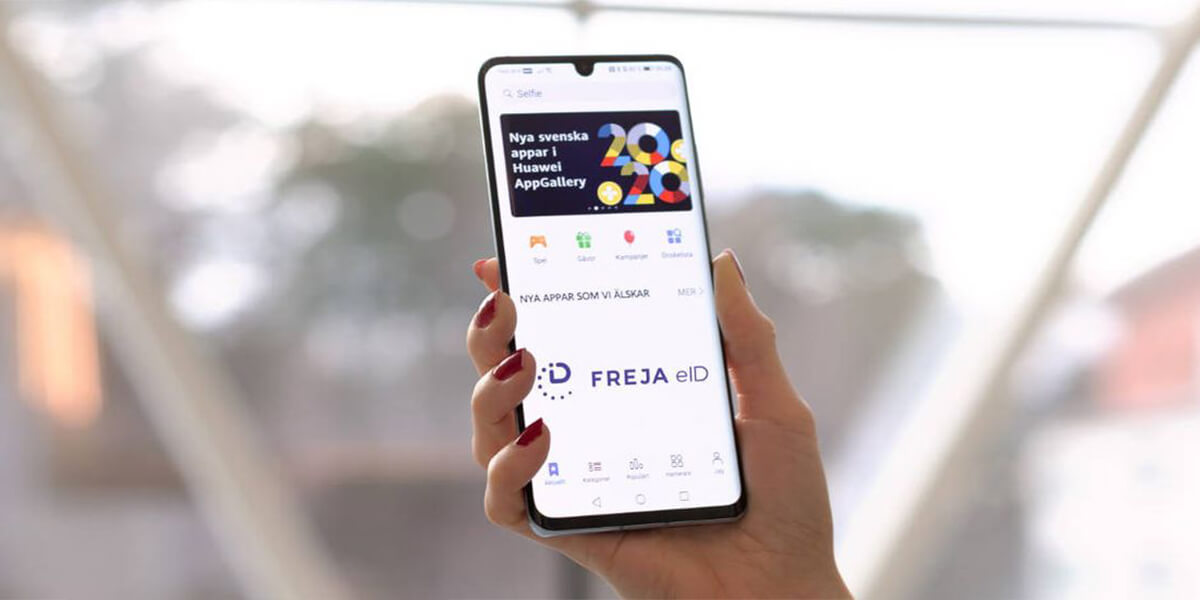The IT security company has developed a technology to quickly and securely issue an e-ID using the data chip contained in biometric passports. The technology opens for a faster international expansion of Freja eID and now the technology has been launched on the Android platform for users in Denmark, Finland and the UK.
Freja eID can be used to prove the user’s identity to online services, in physical contexts and between private individuals. Until now, Freja eID has been able to be issued with covered identities in Sweden and Norway, and in these countries, there are opportunities to make spreads against different official registers to validate the identity. The availability of similar spreads varies widely across countries, so Verisec has developed a technology that makes it possible to ensure identity with other variables.
Currently, 69 countries issue biometric passports. These passes have a NFC chip (Near Field Communication) that contains biometric information about the user, such as a high-resolution photo of the user. The Data on the chip is protected against modification and copying by digital signature of the issuer in the respective country. By validating this signature and comparing the high-resolution photograph with the ID photo which the user took with Freja eID, the identity and passport authenticity can be ensured with high reliability. In addition, several other checks on the user and the ID-document are made by Freja eID’s back-end system and security personnel.
Registration with a biometric passport requires the user to have a phone with an NFC reader in order to read the chip in the passport, a feature found in many mobile phones nowadays. Currently, only phones based on Android are supported and the next step is to support iOS and thus also iPhone and iPad.
Johan Henrikson, CEO Verisec comments:
“In Sweden, we are so accustomed to having an e-ID – it seems virtually unthinkable to live without it. But in many parts of the world it is an almost unknown phenomenon. As the requirements for security are increased, the need for secure online identification grows. One example is the new EU rules where online card payments must be verified with, for example, an e-ID. Here we see a great potential given the forward position we have now established for an international expansion of Freja eID.”





